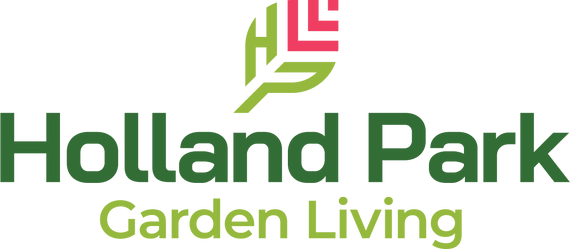
Attracting Humming Birds To Your Garden
When it comes to pollinators, there is nothing more fascinating than the hummingbird. This tiny creature flits through spaces quickly and is gone in the blink of an eye. Attracting these stunning species to your home may feel like a bit of a mystery. These little birds are seeking a specific environment which thankfully is simple to replicate.
If you’re looking to attract more hummingbirds into your space, look no further. This blog will provide three steps on how to attract these beautiful almost magical birds to your space.
STEP 1: CHOOSE THE ENVIRONMENT

Pollinators love bright spaces with lots of flowers. However, hummingbirds in particular are looking for specific types of plants. These hovering beauties are drawn to flowers that are tubular, making it easy for them to zoom in for a quick feed. Begin by choosing a few full sun to partial sun locations to transform into a pollinators’ paradise.
STEP 2: PROVIDE THEM SOURCES OF ENERGY

It takes a lot of energy to maintain a wing speed of 80 times per second. In fact, their metabolism is one of the highest of any animal on Earth, with heart rates up to 1260 beats and 250 breaths a minute. To help keep up with the demands for their metabolism, they need a lot of fuel. These hovering species thrive on nectar, especially in the summer, when they need to add on at least 40% of their body weight to aid them with their migration.
Unlike humans, hummingbirds use sugar throughout their body, pumping it throughout their blood vessels and into their muscles. However, it’s hard to keep that energy level up. To help them out, add hummingbird feeders into your space fueled with Hummingbird food. Garden Gallery has a wide range of feeders that are bright coloured with tubular openings which are specifically designed to attract hummingbirds. Place these feeders near your pollinator garden to show that your home is a welcoming space.
STEP 3: KEEP HUMMINGBIRDS HAPPY WITH THESE FIVE PLANTS
When creating a hummingbird garden, try to select a variety of bright coloured flowers so that these birds will be able to find nectar and insects throughout the season. These five plants are the perfect choice for these somewhat picky pollinators.
WEIGELA

This spring-flowering plant will immediately draw pollinators to your space with their bright, tubular flowers. Dwarf varieties are ideal for small spaces, while the taller options are the perfect nesting ground for birds. Available in bright pink, red, and orange blossoms, these gorgeous plants are the perfect addition to your hummingbird haven.
TRUMPET VINE

If you’re looking for a summer to early fall blooming plant, then the trumpet vine is the ideal addition to your landscape. These large tubular flowers come in a stunning range of colour, including yellow, orange, and brilliant red. Trumpet vines are winter hardy and can grow anywhere from 30 to 40 feet in one season, quickly filling a space. Frequent pruning is highly recommended to help keep this vine under control.
FUCHSIA

Named for its brightly hued flowers, fuchsias are a hummingbird favourite. Add them to hanging baskets, planters, and gardens in a partial-sun spot. For abundant flowers all season long, clip the branches after they’ve finished blooming.
HONEYSUCKLE

Sweet and fragrant honeysuckles will draw in a variety of wildlife into your garden space. This heat-tolerant vine comes in over 180 different varieties making it easy to find the perfect addition for your landscape.
MANDEVILLA

Add a hint of the tropics to your outdoor living space with the bountiful blooms of a mandevilla. The bright coloured flowers prefer bright, indirect light making them the ideal vine for the partial-sun spot in your landscape. Place your mandevilla on the patio in a large planter and watch as your favourite pollinators become a part of this tropical paradise!
Hummingbirds are not only fun to watch; they are an essential part of our Ontario ecosystem. Following these three simple steps will quickly transform your environment into a spot where these hovering beauties will thrive.
